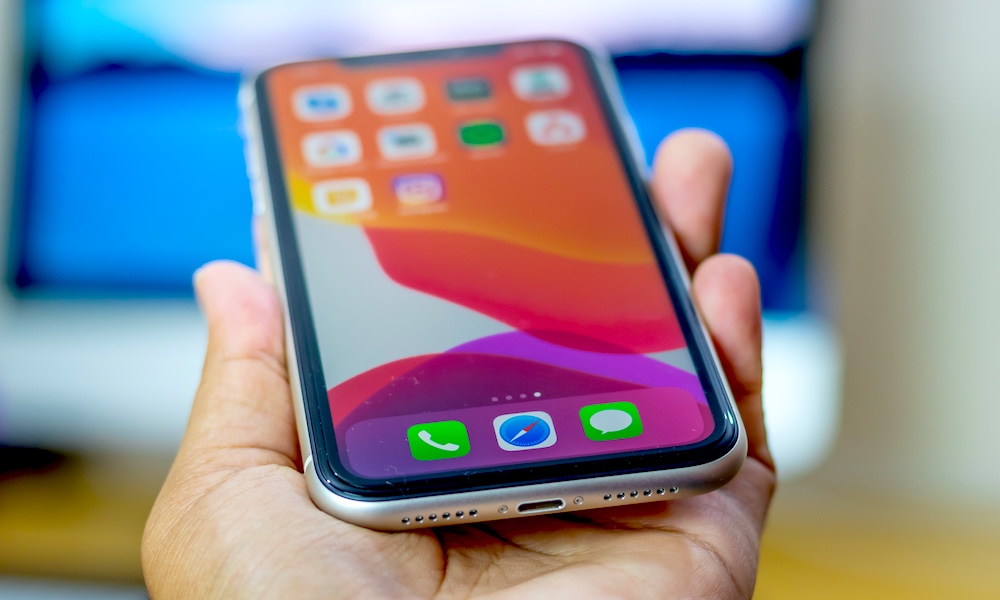Researchers Develop Smartphone Battery That Lasts 5 Days on a Charge
 Credit: Abdul Awal / Shutterstock
Credit: Abdul Awal / Shutterstock
Toggle Dark Mode
Researchers from Monash University in Melbourne, Australia said they’ve developed a battery that, if used in a smartphone, can last up to five days on a single charge.
The battery is based on a lithium-sulfur solution that’s highly efficient. While lithium-sulfur batteries have long been an attractive alternative to the standard lithium-ion batteries seen in most electronics today, there are a number of hurdles that have kept them from reaching the mass market.
For example, they tend to have a much shorter lifespan than lithium-ion batteries. According to The Faraday Institution, there are also “major” issues with the insulating nature of sulfur, the loss of active battery material over time, and the degradation of the lithium anode.
Because of that, lithium-sulfur batteries have never been able to replace lithium-ion ones. Despite having higher energy densities and being able to power electronics for longer, they are only sometimes used in aircraft and car batteries.
But the Monash University researchers say that they may have come up with a new type of lithium-sulfur battery that could mitigate some of those problems. They published their research in the journal Science Advances.
- The team says that they’ve tweaked the design of the sulfur cathodes so that they withstand higher stress loads and won’t drop in performance over time.
- The result is a battery that could keep a smartphone charged for five days or power an electric vehicle for about 600 miles on a single charge.
Beyond the performance benefits, researchers also said that the battery tech could lessen the impact on the environment. The team’s battery is simple, cheap to manufacture, and uses water-based processes that could lead to “significant reductions in environmentally hazardous waste.”
In a press release, lead researcher Prof. Mainak Majumder said that the technology “will revolutionise the Australian vehicle market and provide all Australians with a cleaner and more reliable energy market.”
The team has filed a patent for the invention. But, like with all new battery tech, there’s a good chance that it may never see real-world use. But if or when it does, it could seriously boost the performance of batteries in most consumer devices. Learn about the 5+ WORST apps for your iPhone’s battery life here.






